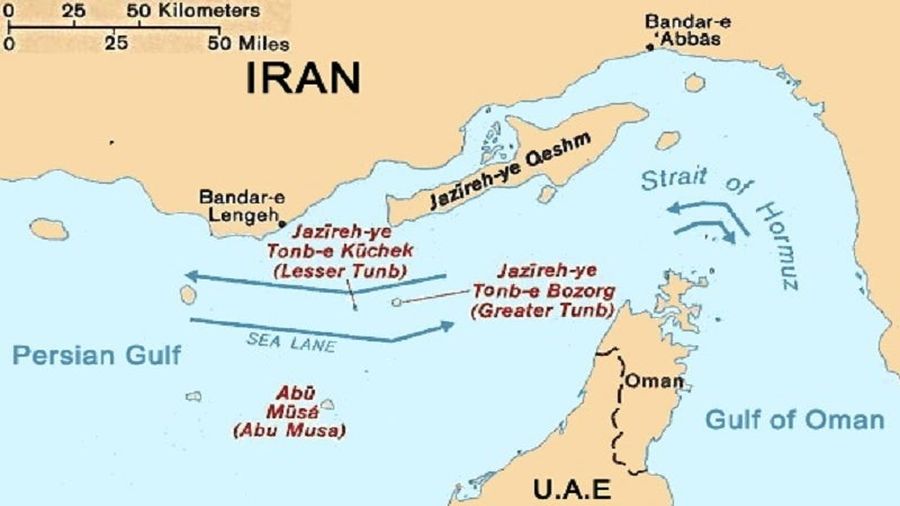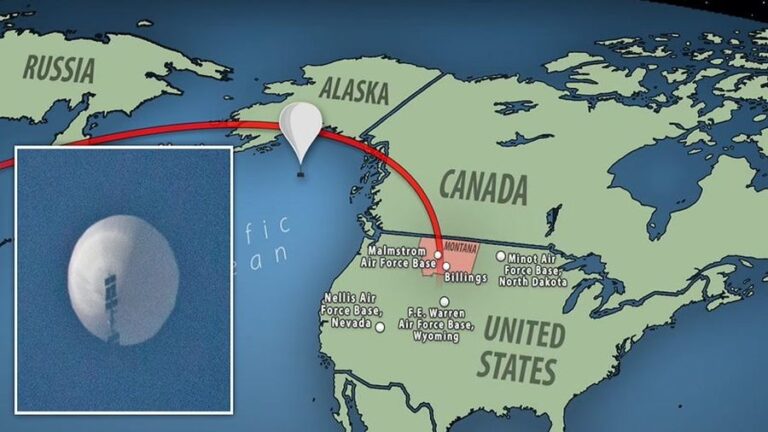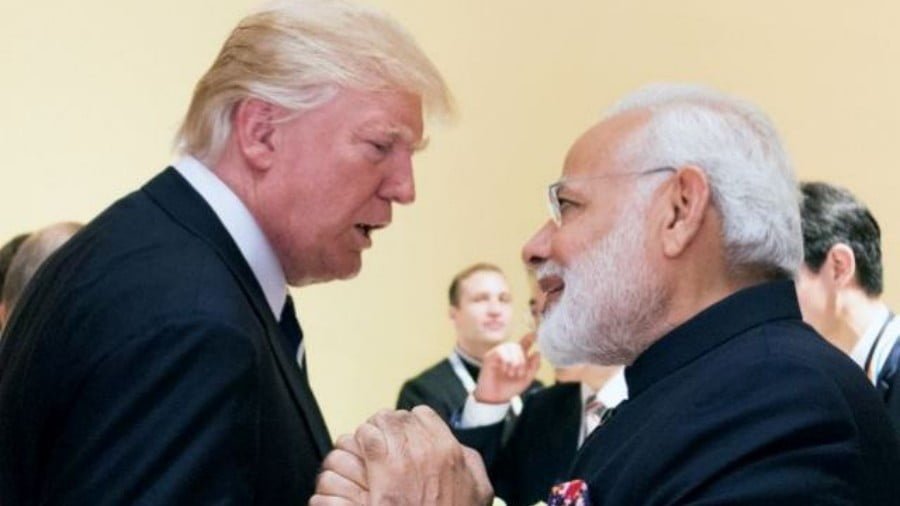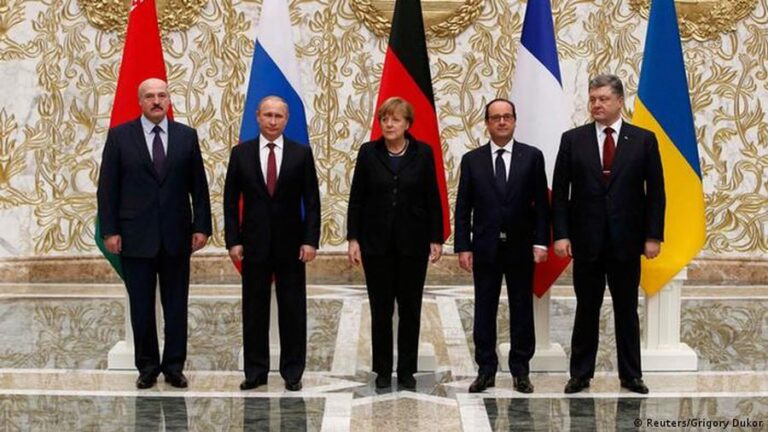The Russian-Iranian Disagreement Over Some Gulf Islands Is Manageable
Iran takes issue with anyone simply acknowledging the Emirates’ claims like China and Russia did in their joint statements with the GCC since it believes that this lends credence to the latter’s position that Tehran’s control over those islands is illegitimate.
Russian Ambassador to Iran Alexey Dedov was summoned by his hosts to hear their objections to the part of the recent Russian-GCC joint statement on some disputed Gulf islands that reads as follows:
“The ministers affirmed their support for all peaceful efforts, including the initiative of the United Arab Emirates and its endeavours to reach a peaceful solution to the issue of the three islands, Greater Tunb, Lesser Tunb and Abu Musa, through bilateral negotiations or the International Court of Justice, in accordance with the rules of international law and the United Nations Charter, to resolve this issue is in accordance with international legitimacy.”
The Iranian Foreign Ministry also responded to this in a statement published on its official website quoting spokesman Nasser Kanaani who said that:
“These islands belong to Iran forever and issuing such statements is in contradiction with the friendly relations between Iran and its neighbors. The Islamic Republic of Iran emphasizes the continuation of the policy of good neighborliness and mutual respect, and considers the development and stability of the region to be the collective responsibility of the countries of the region.”
China had earlier agreed to practically identical language in its own joint statement with the GCC late last year:
“The leaders affirmed their support for all peaceful efforts, including the initiative and endeavours of the United Arab Emirates to reach a peaceful solution to the issue of the three islands; Greater Tunb, Lesser Tunb, and Abu Musa, through bilateral negotiations in accordance with the rules of international law, and to resolve this issue in accordance with international legitimacy.”
Unlike the recent Russian-GCC joint statement, however, the Chinese-GCC one also included the following part that cast serious aspersions on Iran’s regional role:
“The leaders stressed the importance of a comprehensive dialogue with the participation of the countries of the region to address the Iranian nuclear file and destabilising regional activities, address support for terrorist and sectarian groups and illegal armed organisations, prevent the proliferation of ballistic missiles and drones, ensure the safety of international navigation and oil installations, and adhere to UN resolutions and international legitimacy.”
The Chinese Ambassador to Iran was subsequently summoned by his hosts and the issue soon went away, several months after which Beijing then brokered the historic Iranian-Saudi rapprochement.
Similarly, it’s expected that this same issue that just emerged in the Russian-Iranian Strategic Partnership will also soon go away as well, both due to precedent and because it’s a minor disagreement despite being a very sensitive one from Tehran’s perspective. The Islamic Republic has controlled the islands in question for decades though they’re still officially claimed by the UAE. Absent unilateral military action by Abu Dhabi, which has no plans to go to war with its neighbor, they’ll likely remain so indefinitely.
The Chinese-GCC joint statement was comparatively more offensive than the recent Russian-GCC one because of the abovementioned inclusion of that second part regarding Iran’s destabilizing regional activities, but that didn’t ruin their relations nor scuttle Beijing’s secret mediation with it and Riyadh. Accordingly, the absence of the aforesaid part in the Russian-GCC joint statement increases the chances that Moscow and Tehran will move past this scandal too without any harm to their relations.
Nevertheless, there’s no denying that Iran disapproves of those two addressing this dispute since it’s as sensitive to the Islamic Republic as Crimea is to Russia and Taiwan is to China. Tehran regards these islands as having previously been stolen by British imperialists just like how Moscow considers Crimea and other former Ukrainian regions to have been stolen by communist imperialists who divided-and-ruled historical Russia and Beijing regards Taiwan as stolen by Japanese and then American imperialists.
Some situational differences explain why they don’t all share the same approaches to one another’s respective claims despite their similarities. Russia and Iran don’t recognize Taiwan as independent while Iran and China don’t recognize former Ukrainian regions’ unification with Russia, thus accounting for each pair’s stances of backing Beijing and being on the fence respectively. The Sino-Russo Entente’s strategic ties with the GCC, meanwhile, are why they’re neutral towards the Iranian-UAE dispute.
About that, Iran takes issue with them simply acknowledging the Emirates’ claims since it believes that this lends credence to the latter’s position that Tehran’s control over those islands is illegitimate. That arguably isn’t what Russia or China wanted to convey, however, since they almost certainly felt compelled to agree to this diplomatic language in their respective joint statements with the GCC for decorum’s sake. After all, declining to do so could have led to the UAE obstructing their multilateral talks.
From Abu Dhabi’s perspective, it expects all of its partners to at the very least acknowledge the existence of this dispute as a precondition for expanding their relations, especially those that are as increasingly strategic as the ones that it’s actively cultivating with Moscow and Beijing. Neither of those two wanted to harm their ties with Tehran, but they also probably expected that it would be upset with their so-called “diplomatic balancing” on this issue, especially Russia after the Chinese precedent.
Even so, the relations between the Islamic Republic and the Sino-Russo Entente – both bilateral and multilateral with regards to joint naval drills and other emerging forms of cooperation – are too mutually beneficial for one disagreement to spoil everything. That’s why the latest Russian-Iranian one over disputed Gulf islands will probably soon pass just like the identical Chinese-Iranian disagreement from December already did since it’s ultimately manageable due to the proven strength of their strategic ties.







